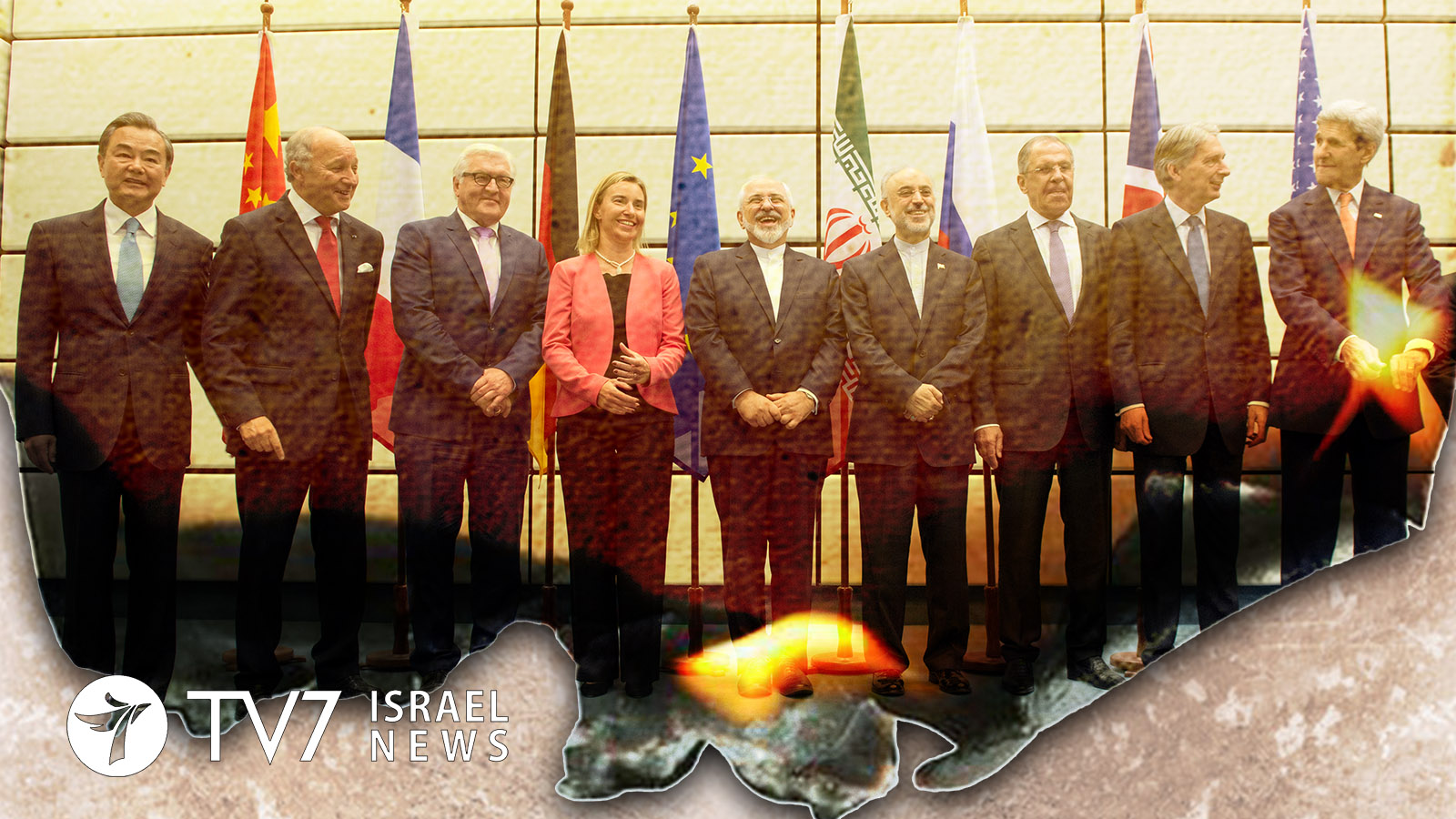Israeli leaders have long been outspoken in their opposition to the 2015 Joint Comprehensive Plan of Action nuclear deal between Iran and six world powers, and applauded the United States for withdrawing from the pact in 2018 under then-President Donald Trump.
Jerusalem has never believed the agreement was stringent enough to block Tehran’s quest of acquiring atomic weapons capability.
The administration of President Joe Biden has indicated willingness to renegotiate the JCPOA, once it has returned to compliance with nuclear limitations it has openly breached since the US reversal. The Ayatollah regime has declared it will only adhere to nuclear curbs after sanctions re-imposed by Trump have been lifted.
Washington maintains that Jerusalem has received advance notification of any prospective dialogue with Iran; while Israeli officials suggest they have secured a behind-the-scenes conversation with the Biden White House in which their concerns are being heard.
In the latest statement from Israel, Minister of Energy Yuval Steinitz insisted that any new nuclear deal between the West and Iran should be “dramatically improved” from the previous agreement.
As part of his responsibilities as Energy chief, Steinitz is also in charge of Israel Atomic Energy Commission and a member of the Security Cabinet.
An eventual new pact with the West over Iran’s nuclear program “should be dramatically improved,” he stressed, explaining that the “previous agreement is far from being sufficient” and that the Ayatollah leaders of the Islamic Republic are guilty of “violating all their commitments.”
The Likud party member and close ally of Prime Minister Benjamin Netanyahu also urged President Biden to assert “enormous pressure” on Iran to change its behavior and dismantle its nuclear program – which he said affects Europe and the United States as much as it does the region.
“All countries in the Middle East see eye-to-eye that this is a devastating threat that should be prevented in advance,” Steinitz said at the CERAWeek by IHS Markit online conference, while speaking alongside his counterparts from Egypt and the United Arab Emirates.
He added that Iran casts “a big shadow” over the neighboring states of Iraq, Lebanon, Syria and Yemen; where it operates many Shi’ite proxy militias acting on its behalf.
